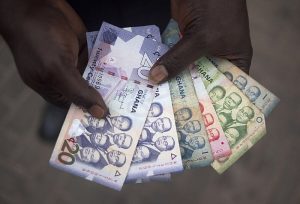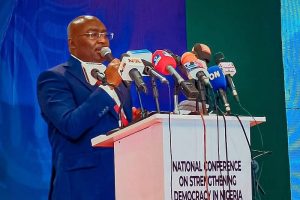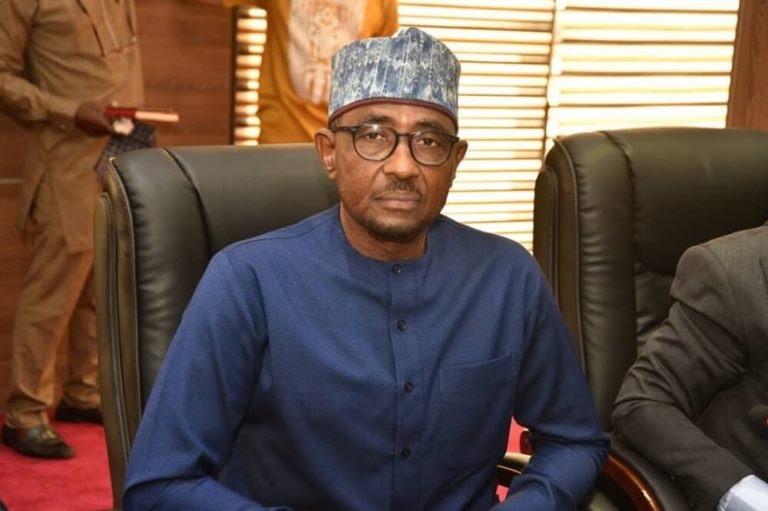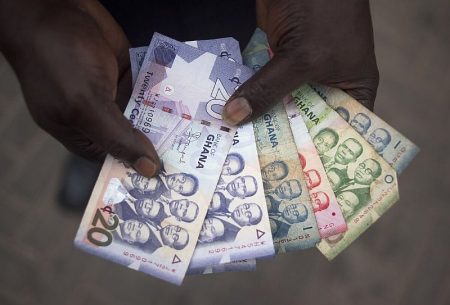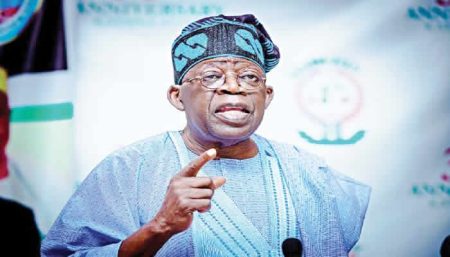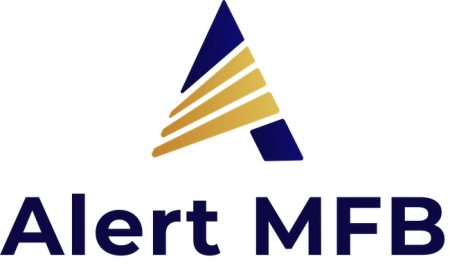Paragraph 1: Nigeria, despite possessing a substantial refining capacity of 985,000 barrels per day across its three operational refineries, relies heavily on imported refined petroleum products to meet its domestic demand. This surprising dependence stems from the fact that the combined output of these refineries contributes less than half of the nation’s daily petrol consumption, currently estimated at 50 million litres. This information was revealed by the Nigerian Midstream and Downstream Petroleum Regulatory Authority (NMDPRA), the governmental body responsible for regulating the petroleum sector. The NMDPRA plays a crucial role in managing this supply gap by issuing import licenses to ensure sufficient fuel availability and prevent shortages.
Paragraph 2: The current landscape of Nigeria’s refining sector is marked by the recent revival of two state-owned refineries, the Port Harcourt refinery and the Warri refinery, alongside the newly operational Dangote refinery. The Port Harcourt refinery boasts a capacity of 210,000 barrels per day, while the Warri refinery has a capacity of 125,000 barrels per day. These refineries, previously dormant for years, resumed operations in 2024. Adding to this, the Dangote refinery, with a significantly larger capacity of 650,000 barrels per day, also commenced operations earlier this year, sparking optimism about increased domestic production.
Paragraph 3: However, despite the operational status of these refineries and claims of substantial production, the NMDPRA’s assertion that Nigeria continues to import over 50% of its petrol requirement highlights a discrepancy. This reliance on imports contradicts the anticipated impact of the revived and new refineries. The NMDPRA Chief Executive, Farouk Ahmed, clarified the situation, revealing that although these refineries are contributing to the supply, their combined output falls significantly short of meeting the national demand.
Paragraph 4: Interestingly, the NMDPRA further revealed that none of the refinery owners, including the operators of the state-owned refineries and the Dangote refinery, have imported petrol this year. Instead, other oil marketing companies (OMCs) have been responsible for importing the necessary volumes to bridge the supply gap. This information was shared by Ogbugo Ukoha, the Executive Director of Distribution System, Storage, and Retailing Infrastructure at the NMDPRA. He emphasized that without these imports by other OMCs, Nigeria would be facing significant fuel shortages.
Paragraph 5: Ukoha also highlighted the impact of the petrol subsidy removal, which took effect on May 29, 2023. This policy change led to a significant drop in daily petrol consumption, from an average of 66 million litres to around 50 million litres. This decrease in demand, while beneficial in reducing the reliance on imports, still leaves a significant shortfall that needs to be addressed by domestic production or imports by non-refinery-owning OMCs. The NMDPRA acknowledged the possibility of invoking the “supplier of last resort” clause in the Petroleum Industry Act (PIA) to compel refinery owners to import if the supply situation deteriorates.
Paragraph 6: Addressing concerns about fuel quality, the NMDPRA affirmed that all imported petroleum products adhere to the standards set by the Standard Organisation of Nigeria (SON) and the PIA 2021. The authority emphasized its commitment to preventing the distribution of substandard products. Ukoha specifically addressed social media rumours regarding fuel quality, dismissing them as baseless and emphasizing the NMDPRA’s stringent quality control measures. He reassured the public that the authority remains vigilant in ensuring the supply of quality petrol across the nation.


